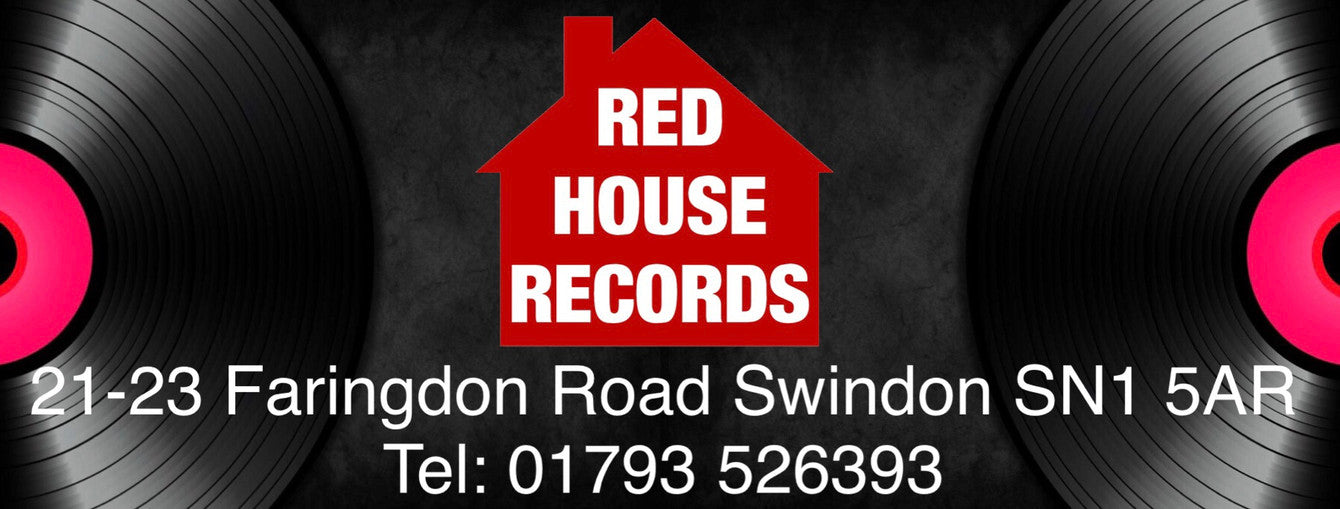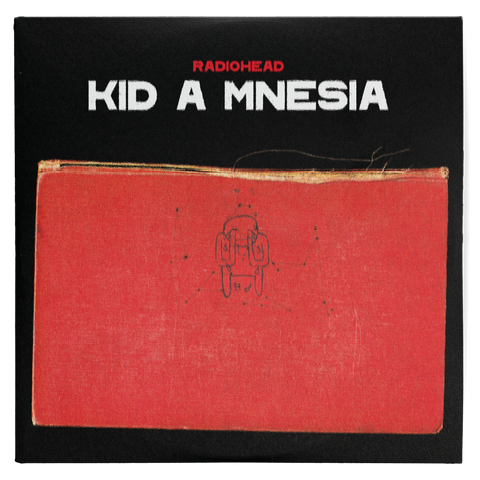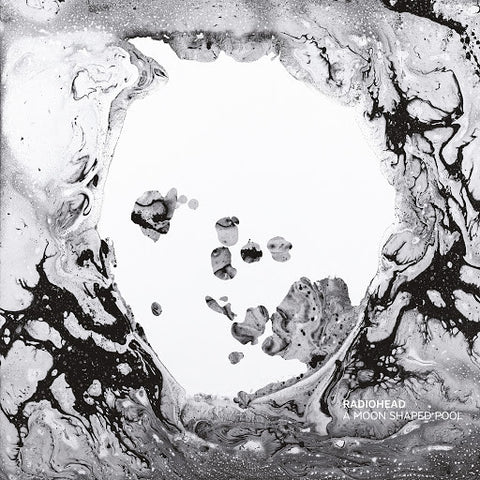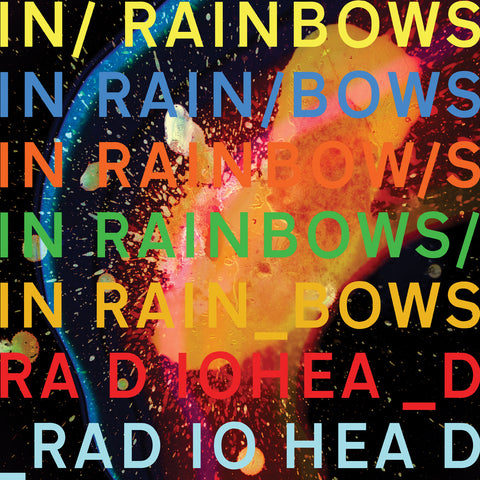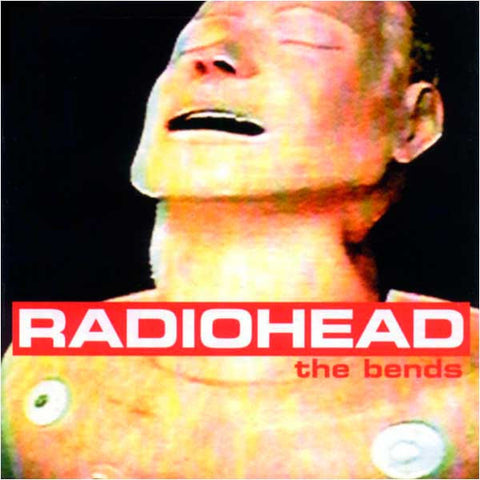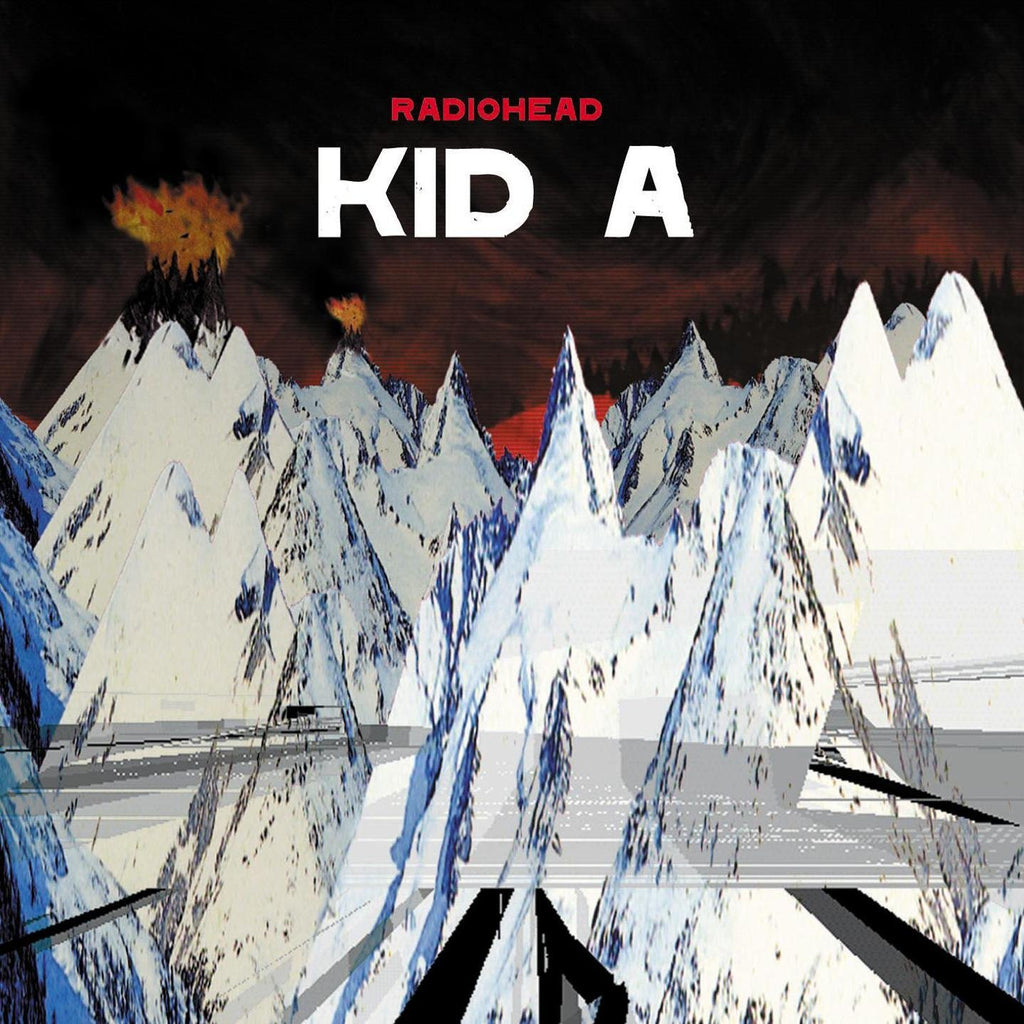
Radiohead
Radiohead - Kid A
In the wake of OK Computer, it became taken for granted among serious rock fans of all ages that Radiohead not only saved rock from itself, but paved the way toward the future. High praise, but given the static nature of rock in the last half of the '90s, it was easy to see why fans and critics eagerly harnessed their hopes to the one great rock band that wanted to push the limits of its creativity, without grandstanding or pandering. Daunting expectations for anyone, even for a band eager to meet them, so it's little wonder that Kid A was so difficult to complete. Radiohead’s creative breakthrough arrived when the band embraced electronica -- which was nearly a cliché by the end of the '90s, when everyone from U2 to Rickie Lee Jones dabbled in trip-hop or techno. The difference is that the wholehearted conversion on Kid A fits, since OK Computer had already flirted with electronica and its chilly feel. Plus, instead of simply adding club beats or sonic collage techniques, Radiohead strove for the unsettling "intelligent techno" sound ofAutechre and Aphex Twin, with skittering beats and stylishly dark sonic surfaces. To their immense credit,Radiohead don't sound like carpetbaggers, because they share the same post-post-modern vantage point as their inspirations. As perhaps befitting an album that’s coolly, self-consciously alienating, Kid A takes time to unfold; multiple plays are necessary just to discern the music's form, to get a handle on quiet, drifting, minimally arranged songs with no hooks. This emphasis on texture, this reliance on elliptical songs, means that Kid A is easily the most successful electronica album from a rock band: it doesn't even sound like the work of a rock band, even if it does sound like Radiohead
